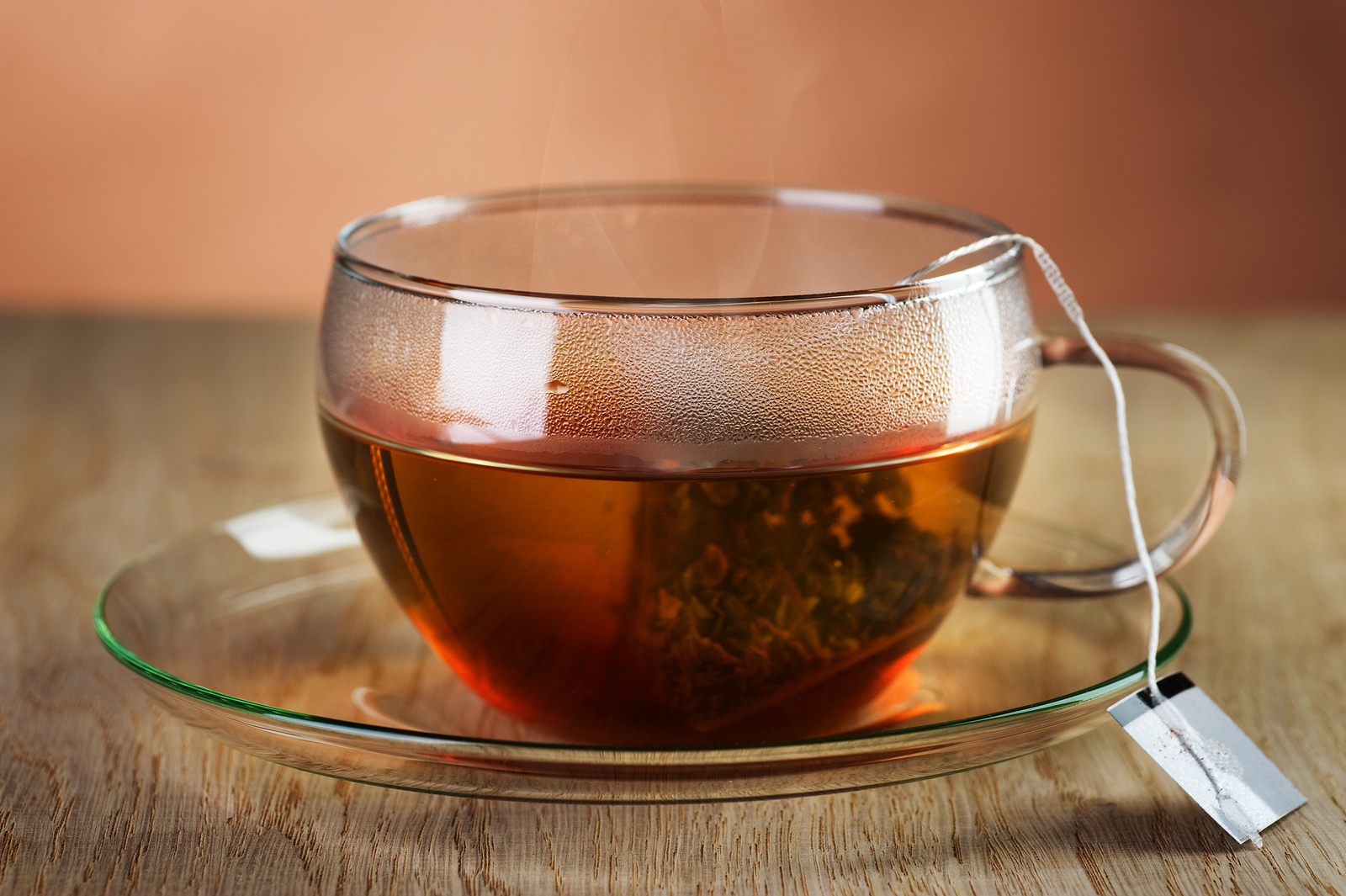 Recently I saw a great analogy, something that I found very useful in my work with clients who experienced sexual assault. It was a short video that compared sexual consent to a cup of tea. However, before I go deeper into explaining why I find this analogy useful and show you the video, I would like to say something about sexual assault itself.
Recently I saw a great analogy, something that I found very useful in my work with clients who experienced sexual assault. It was a short video that compared sexual consent to a cup of tea. However, before I go deeper into explaining why I find this analogy useful and show you the video, I would like to say something about sexual assault itself.
One of three women will experience some form of sexual assault in their lifetime. However, research has indicated that sexual assault is one of the most underreported crimes (Benoit et. al, 2015). There are many reasons that account for underreporting, including the guilt and stigma. In addition to that, a significant impact on underreporting has an unclear understanding what sexual consent really is. And, it seems that this lack of understanding is present in many individuals, regardless of their age and gender.
The first step in preventing sexual assaults, as well as to ensure proper reporting, is educating us, and our children, about what sexual consent really means.
Cup of Tea
The following is the transcript of the video I was talking about in the introduction to this post. I urge you to read it, think about it, and then educate your family and friends about it. The video I am talking about has been made by Blue Seat Studios and you are able to find the complete video by clicking on the following link:
https://www.youtube.com/watch?v=pZwvrxVavnQ
" If you are still struggling with a consent, just imagine instead of initiating sex you’re making them a cup of tea.
You say: “hey would you like a cup of tea”, and they go: ‘oh my God I would love a cup of tea, thank you’. Then you know they want a cup of tea.
If you say:’ hey would you like a cup of tea and they’re like: “Ahhh, you know I’ not really sure’; then you can make them a cup of tea or not but be aware that they might not drink it. And if they don’t drink it then, and this is an important bit, don’t make them drink it. Just because you made it doesn’t mean you’re entitled to watch them drink it.
And if they say: ‘no thank you’; then don’t make them tea at all. Just don’t make them tea, don’t make them drink tea, don’t get annoyed at them for not wanting tea, they just don’t want tea, ok?
They might say: ‘yes, please, that’s kind of you’; and then when tea arrives they actually don’t want the tea at all. Sure that’s kind of annoying as you’ve gone to all the effort of making the tea, but they remain under no obligation to drink the tea. They did want the tea, now they don't, some people change they mind in time it takes to boil the cattle, brew the tea, add the milk and it’s ok for people to chance they mind and you are still not entitled to watch them drink it.
And if they unconscious don’t make them tea, unconscious people don’t want tea and they can’t answer the question: ‘Do you want tea’? , because they are unconscious. Ok maybe they were conscious when you ask them: ‘If you want the tea’ and they say: ‘Yes’, but in the time it took you to boil the cattle, brew the tea and add the milk, they are now unconscious, you should just put the tea down, make sure that unconscious person is safe, and this is the important part again, don’t make them drink the tea. They said ‘yes’ then sure, but unconscious people don’t want tea.
If someone said yes to tea, started drinking it and then passed out before they finished it, don’t keep on pouring it down their throat, take the tea away, and make sure that they are safe because unconscious people don’t want tea. Trust me on this.
If someone said ‘yes’ to the tea around your house last Saturday, that doesn’t mean they want you to make them tea all the time. They don’t want you to come to their place unexpectedly and make them tea and force them to drink it, going: ‘but you wanted the tea last week ‘or to wake up and find you pouring tea down their throat going:’ but you wanted tea last night’.
If you can understand how completely ludicrous is to force people to have tea when they don’t want tea and you are able to understand when people don’t want tea and how hard is to understand when it comes to sex. Whether tea or sex, consent is everything."
Something so simple and we all struggle so much when it comes to understanding it. And how come we struggle? Well, there are so many mixed messages in the media we are surrounded with (e.g., pornographic sites were sexual assault is shown in a positive light, movies in which protagonist enjoy sexual violence, etc.). Therefore, it is important to be aware and educate ourselves, as well as our children.
Consequences of Sexual Assault
And why is so important to be educated about what sexual consent really is? In addition to its prevalence, sexual assaults have grave psychological, emotional, and physical effects on the victimized individuals. Survivors may suffer from a number of symptoms, including symptoms of depression, anxiety, and posttraumatic stress. Sleep and eating disturbances can be noted. Some survivors start to experience self-harm and suicidal ideation or start to use alcohol and drugs. The sexual assault may result in sexually transmitted disease or pregnancy. And these are just some of the grave effect sexual assault may have on the survivor.
Finding Help
If we experience sexual assault, it is very important to find time to heal from the traumatic nature of it. One way to do that is to engage in therapy and ensure that we have a safe and nurturing environment, one that will help us heal and grow from a victim into a survivor.
Literature:
Benoit, C., Shumka, L., Phillips, R., Kennedy, M. and L. Belle-Isle. 2015. Issue Brief: Sexual Violence Against Women in Canada. December. Status of Women Canada.
About the Author

Hilda Huj
, B.A., M.A. Hilda is a registered clinical counselling and forensic psychologist in Edmonton, Alberta. She specializes in working with youth, adults and families that have been impacted by trauma. She completed a Bachelor of Arts and Master of Arts degree in Psychology in Osijek, Croatia, and subsequently equated her academic credentials to Canadian standards. Currently, she volunteers with the Edmonton Police Services as a Victim Support Worker and also helps to promote Psychology by volunteering for the Psychologists’ Association of Alberta.
Office Location:
Suite 39, 9912 - 106 Street
Edmonton, Alberta
T5K 1C5
Canada
Phone: 7804289223
Contact Hilda Huj
Professional Website:
www.archpsychological.com